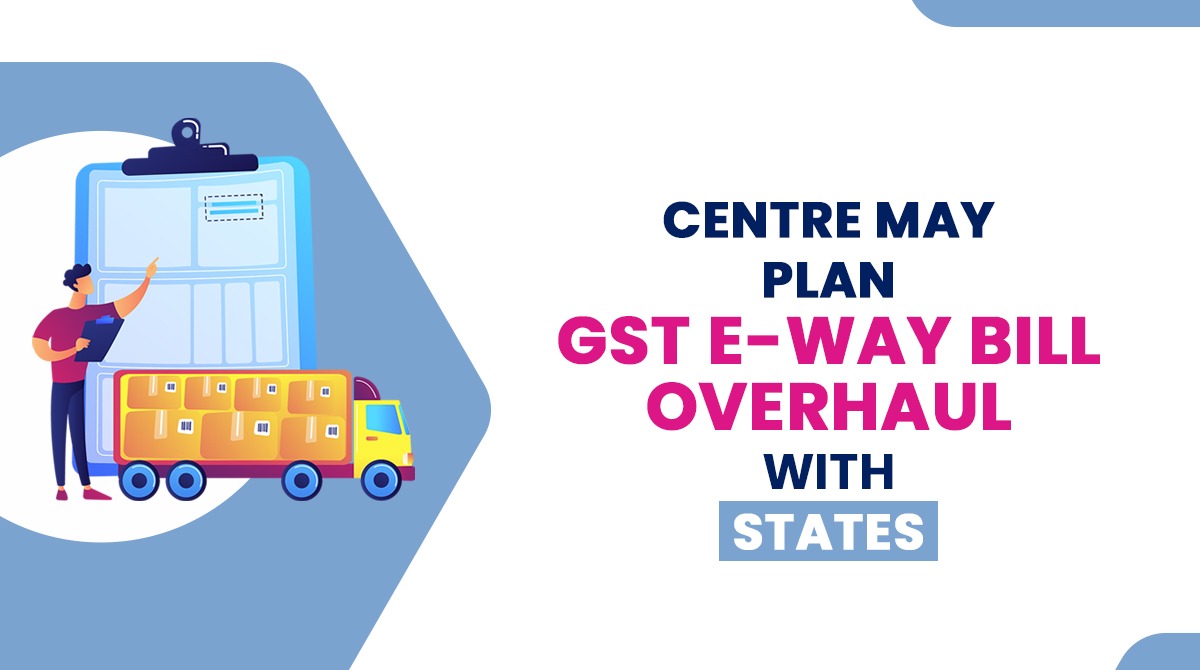The Prime Minister’s Office urged to the nodal ministries to speed up efforts for bringing all states on one platform in compliance with bringing oil, natural gas, electricity, and coal under the ambit of GST, the goods and services tax.
So far, States have accepted and agreed on this matter as, so far, they were enjoying the freedom to levy their own taxes which has been contributing as a significant part of the state revenue.
Niti Aayog made an effort and reached out to the PMO with a blueprint which includes the propaganda to make the energy sector more competitive and thus to ensure uniform pricing across India. This information has come from a senior government official. The Official informed that the Nodal ministries have been granted recognition from the top regarding this directive and they are into discussions with all stakeholders and states.
Various stakeholders and Consumers have insisted on the one Taxation implementation in the States and the GST Council would be conducting its next 32nd meeting in this regard. The meeting is going to be held on the 10th of this Month. The inclusion of Power in the GST ambit has been supported widely by Various stakeholders, including consumers and they believe that it would lower the tariffs up to 10%.
According to NITI Aayog variety of subsidies and taxes creates distortions in the market and leads to the use of insufficient fuel. According to the Aayog, Implementation of uniform GST rates would be welcomed by all and the absence of which has made both exports and domestic production uncompetitive. The uniform GST would bring all on one platform. As per the current GST policy, there is a large bias in the favor of the renewables.
In the current scenario, Inputs to renewables generation has been charged a GST of 5% while inputs to thermal generation have a higher rate of 18%.
The Aayog suggested that there should be no discrimination between renewables and thermal energy and thus, inputs going into both forms of electricity generation should receive tax credits. Aayog said “GST should be neutral between different forms of electricity generation and should be under good tax policy. The Tax contributes to Rs 2.5 lakh crore to the Centre on oil and almost Rs 2 lakh crore is collected by the states”.
Read Also: What If Electricity Comes Under Goods and Services Tax Ambit?
In the quest of widening the GST net and bringing these products under the uniform tax regime, would lead to huge compensation to the states and these banks heavily on revenue from these energy sources.










